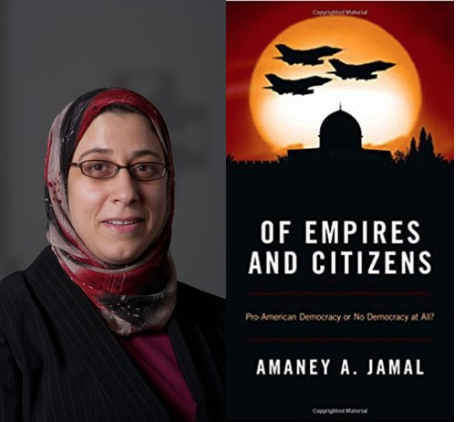FREE SPEECH 37: Rights Come with Responsibilities…including Freedom of Expression
With Professor Amaney Jamal, Princeton University
Where does the university's work begin in allowing all members to participate in free teaching, research, and debate, and where does it end? Is diversity a matter only for the admissions department? How can the university educate citizens for democracy who know that with certain rights come certain obligations - and can responsibly act on this knowledge? How can we value and defend all of our freedoms, properly tell the truth from lies, and balance individual freedom with collective survival? How is higher education linked to democracy in general? I discuss these and other topics with Amaney Jamal, who is the Edwards S. Sanford Professor of Politics and Director of the Mamdouha S. Bobst Center for Peace and Justice at Princeton University. Her most recent book is Of Empires and Citizens: Pro-American Democracy or No Democracy At All?

